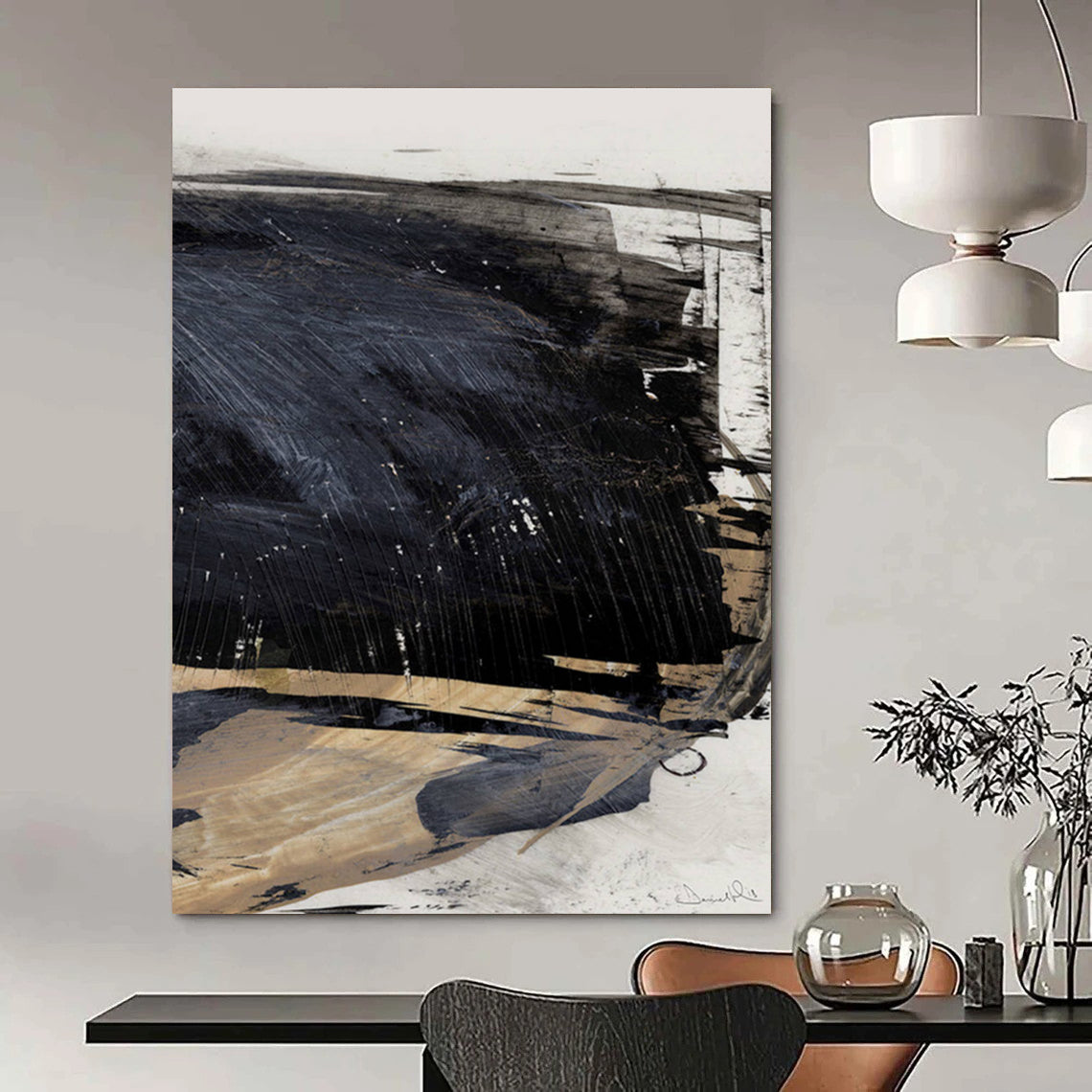The intersection of art, politics, and free speech took center stage recently in Colorado when the town of Vail settled a federal civil rights lawsuit with Native American artist Danielle SeeWalker. The dispute began when the scenic mountain town cancelled SeeWalker’s summer artist residency following her public posting of a politically charged painting expressing solidarity with Palestine. This case highlights tensions around artistic freedom, political expression, and community sensitivities in contemporary America.
Danielle SeeWalker, a multidisciplinary Húŋkpapȟa Lakȟóta painter and muralist from the Standing Rock Sioux Nation, was initially selected for Vail’s prestigious Art in Public Places Program residency. This program offers artists housing, a mural commission, and community engagement opportunities. However, after SeeWalker shared an image of her painting titled G is for Genocide—which depicts a woman wearing a keffiyeh and draws parallels between Palestinian struggles and Indigenous genocide—Vail abruptly revoked her residency.

This cancellation was widely criticized as a violation of free speech rights. The American Civil Liberties Union (ACLU) of Colorado filed suit against Vail, alleging the town had infringed on SeeWalker’s constitutional right to freedom of expression. Internal correspondence later revealed that vocal concerns from Vail’s Jewish community and local religious leaders influenced the decision, underscoring how political and communal pressure can impact arts funding and opportunities.
The case is emblematic of broader debates on how censorship in art manifests in politically sensitive contexts. SeeWalker’s painting, which raises awareness on human rights issues affecting both Palestinians and Indigenous peoples, became a lightning rod for controversy, illustrating how artistic works can challenge dominant narratives and provoke strong reactions.
In the settlement reached in August 2025, Vail agreed to implement several measures aimed at supporting underrepresented artists, including Native American creatives, and enhancing community dialogue. These included funding new art programs for marginalized groups, organizing annual powwows led by SeeWalker without fees, and sponsoring community discussions about complex topics like the Israel-Palestine conflict. Additionally, Vail committed to providing cultural sensitivity training to city arts employees, reflecting an acknowledgment of past mishandling.
This resolution exemplifies how municipal governments can acknowledge the delicate balance between fostering artistic freedom and addressing community concerns within the framework of soft power. It also signifies a victory for artists fighting against viewpoint-based discrimination and censorship.
Image Sources:
-
Danielle SeeWalker with her painting G is for Genocide (Source: ARTnews)
-
Vail town council meeting discussing the lawsuit settlement (Source: CBS News)
-
A community powwow hosted as part of the settlement initiatives (Source: ACLU Colorado)
Frequently Asked Questions (FAQ)
Q1: Why was Danielle SeeWalker’s residency cancelled by Vail?
Her residency was revoked after she posted an image of a pro-Palestine painting titled G is for Genocide, which sparked backlash from the local Jewish community and political pressure on town officials.
Q2: What constitutional rights did SeeWalker claim were violated?
SeeWalker, supported by the ACLU of Colorado, claimed that her free speech rights under the First Amendment were violated when Vail cancelled her residency due to her political expression.
Q3: What was included in the settlement agreement?
The town of Vail agreed to fund new art programs for underrepresented artists, host annual powwows led by SeeWalker free of fees, sponsor community forums on Israel-Palestine, and provide cultural sensitivity training to arts department staff.
Q4: How does this case illustrate censorship in art?
The case demonstrates how political controversies and community pressures can lead to censorship of artistic expression, especially when art engages with divisive social or political issues.
Q5: What broader impact does this settlement have?
It sets an important precedent protecting artists' rights against viewpoint-based discrimination and encourages municipalities to foster inclusive and respectful environments for diverse artistic voices.

